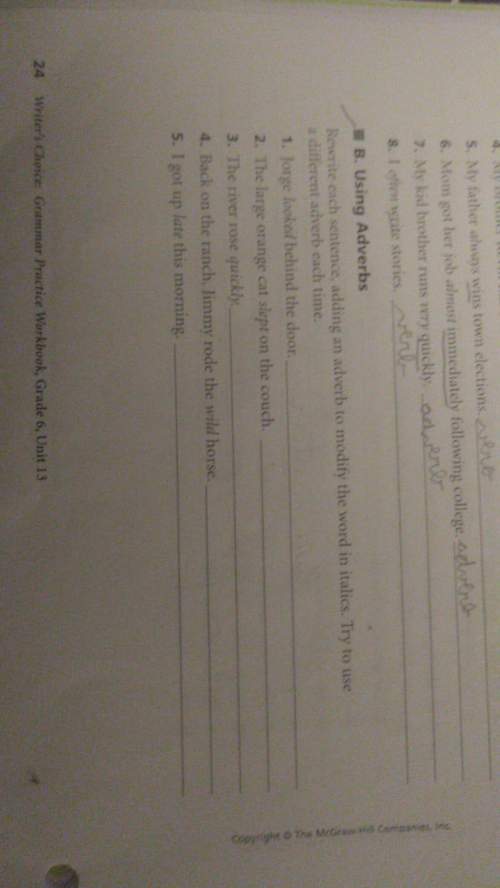
That all men are by nature equally free and independent, and have certain inherent rights, of which, when they enter into a state of society, they cannot, by any compact, deprive or divest their posterity; namely, the enjoyment of life and liberty, with the means of acquiring and possessing property, and pursuing and obtaining happiness and safety.
That all power is vested in, and consequently derived from, the people; that magistrates are their trustees and servants, and at all times amenable to them.
That government is, or ought to be, instituted for the common benefit, protection, and security of the people, nation or community; of all the various modes and forms of government that is best, which is capable of producing the greatest degree of happiness and safety and is most effectually secured against the danger of maladministration; and that, whenever any government shall be found inadequate or contrary to these purposes, a majority of the community hath an indubitable, unalienable, and indefeasible right to reform, alter or abolish it, in such manner as shall be judged most conducive to the public weal.
That no man, or set of men, are entitled to exclusive or separate emoluments1 or privileges from the community, but in consideration of public services; which, not being descendible, neither ought the offices of magistrate, legislator, or judge be hereditary.
That the legislative and executive powers of the state should be separate and distinct from the judicative; and, that the members of the two first may be restrained from oppression by feeling and participating the burthens2 of the people, they should, at fixed periods, be reduced to a private station, return into that body from which they were originally taken, and the vacancies be supplied by frequent, certain, and regular elections in which all, or any part of the former members, to be again eligible, or ineligible, as the laws shall direct.
That elections of members to serve as representatives of the people in assembly ought to be free; and that all men, having sufficient evidence of permanent common interest with, and attachment to, the community have the right of suffrage and cannot be taxed or deprived of their property for public uses without their own consent or that of their representatives so elected, nor bound by any law to which they have not, in like manner, assented, for the public good.
That all power of suspending laws, or the execution of laws, by any authority without consent of the representatives of the people is injurious to their rights and ought not to be exercised.
That in all capital or criminal prosecutions a man hath a right to demand the cause and nature of his accusation to be confronted with the accusers and witnesses, to call for evidence in his favor, and to a speedy trial by an impartial jury of his vicinage3, without whose unanimous consent he cannot be found guilty, nor can he be compelled to give evidence against himself; that no man be deprived of his liberty except by the law of the land or the judgement of his peers.
That excessive bail ought not to be required, nor excessive fines imposed; nor cruel and unusual punishments inflicted.
1emoluments - advantage
2burthens - burdens
3vicinage - vicinity
5
Select ALL the correct answers.
Read the sentence from the passage.
That the legislative and executive powers of the state should be separate and distinct from the judicative; and, that the members of the two first may be restrained from oppression by feeling and participating the burthens of the people, they should, at fixed periods, be reduced to a private station, return into that body from which they were originally taken, and the vacancies be supplied by frequent, certain, and regular elections in which all, or any part of the former members, to be again eligible, or ineligible, as the laws shall direct.
Which two words from the passage help the reader understand the meaning of station as it is used in the passage?
body
fixed
originally
reduced
private

Answers: 3


Another question on English

English, 22.06.2019 03:30
In which case did the court rule that flag burning was not illegal under the first amendment? a-us v. fields b-new york times v. sullivan c-texas v. johnson d-us v. alvarez
Answers: 1



English, 22.06.2019 06:30
If you want to change from landscape orientation to portrait orientation, what would you do? turn the camera around. flip the camera over. turn the camera 90 degrees. turn the camera 360 degrees.
Answers: 2
You know the right answer?
That all men are by nature equally free and independent, and have certain inherent rights, of which,...
Questions


Computers and Technology, 22.06.2019 02:10

Chemistry, 22.06.2019 02:10



Mathematics, 22.06.2019 02:10





Mathematics, 22.06.2019 02:20








Mathematics, 22.06.2019 02:20




